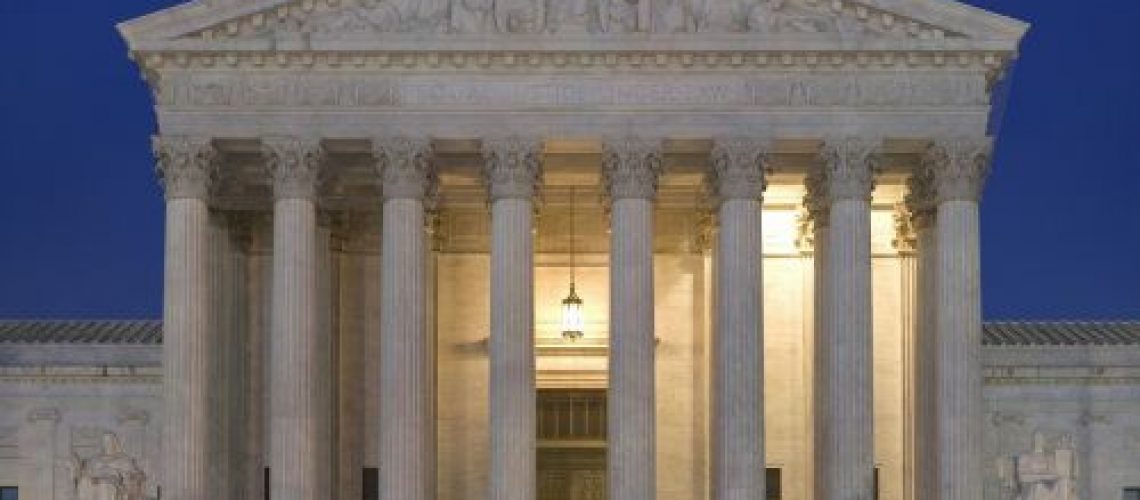The advent of the Dobbs era has not brought us to the Promised Land. By throwing the abortion issue to each of the states, Dobbs has ushered in a patchwork of regulation, running the gamut from outright prohibition to full legality. At the same time, the current federal administration and several states are trying their hardest to facilitate abortion through pharmaceuticals, subverting the attempts of those states who are trying hardest to restrict the practice. And even those states putting the clamps on abortion are largely enacting week/weak limits that still allow the large majority of abortions. As prognosticated here, Dobbs is a halfway measure that will not satisfy.
Into this maelstrom stirred by Dobbs, a public letter initiated by Live Action, signed by several individuals and pro-life organizations and published in the June 15 National Review, sends an important clarion call. It notes that the “let the states handle it” resolution of Dobbs, far from being required by the Constitution, actually fails to respect the language of the Fourteenth Amendment, which protects the life of “any person.” As NLF wrote in its amicus brief filed in Dobbs, those who ratified the Fourteenth Amendment knew full well that new lives—new persons—begin at conception, and the large majority of the states and states-to-be at the time prohibited abortion at any stage of pregnancy and referred to an unborn as a child.
The fight for the unborn should not neglect another first principle unmentioned in the public letter. We should never cease to point out that there is no right, constitutional or otherwise, to avoid the natural consequences of our actions. For good reason, no one argues that a right of avoidance attaches to the exercise of any other recognized right. And all know that having sexual intercourse often results, in its natural course, in a baby, another human person. There is no more right to “eliminate” that “consequence” than to eliminate the consequence of exercising any other right. That the consequence of sexual intercourse is a unique, separate person only dramatizes the illogic and the harm in this situation. Even assuming that there is a right for any adult to have consensual sexual intercourse, that “right” does not carry with it a right to avoid the consequences of intercourse via abortion.
There is much in the language of Dobbs that recognizes that abortion is a special situation because it involves a new, human life. Unfortunately, Dobbs did not acknowledge that such a new life fits under the term “any person” in the Fourteenth Amendment. But that proposition was not a “question presented” to it by Mississippi, and so the issue remains open. As the pro-life battles continue to be fought across the country, the public needs repeated reminders that (a) the unborn are full-fledged persons, from the moment of conception; and (b) we do not have the right to avoid the consequences of our own, consensual actions, especially when doing so would take the life of another person.

